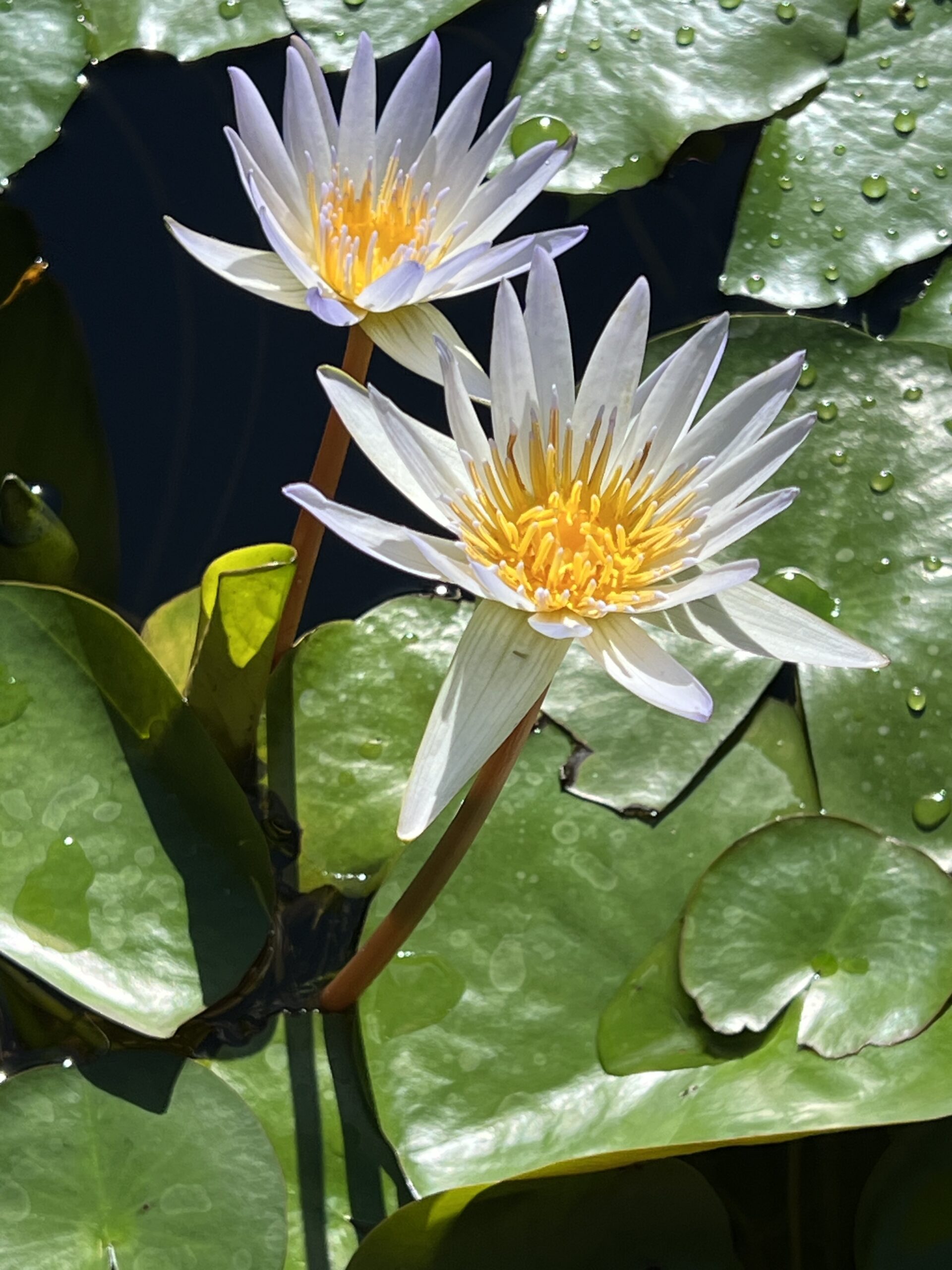AS THE CROW FLIES
“Birds of a feather flock together.”
(William Turner The Rescuing of Romish Fox 1545 A.D.)
The other morning I was sitting on our deck at first light when an enormous flock, or murder, of crows returned to our West Vancouver neighborhood from their roosts situated some distance east of here. Hundreds of them settled into trees not half a block from me, while others, latecomers, continued on west and out of sight. Within minutes there was no sign of any of them.
Doing some internet research, I learned that thousands of crows from all parts of Vancouver flock to a small patch of woods located in the Still Creek neighborhood of Burnaby. The phenomenon is reversed in the evening when, as dusk falls, the sky is once again speckled by hundreds of their dark, fluttering numbers returning from whence they have come. A very sociable, hierarchical and “tribal” bird, the crow “society” has its own rules and pecking order (pardon the pun) by which the members learn to abide, lest they be rejected and ostracized, ultimately endangering their very survival.
One particular crow (or so it seems, maybe it’s a different bird) regularly perches on our balcony railing, preening its feathers, sharpening its beak, or occasionally relieving itself of white streaks that we wash off grudgingly.
Much as I see it as a nuisance (I once broke a glass panel of our balcony railing when attempting to drive away an annoying crow with a hefty stone — not one of my finer moments), I was curious to learn what indigenous wisdom says about the Crow totem. On “howstuffworks.com” I read:
“In Native American tribes, crows are revered for their intelligence and spiritual significance. They are seen as messengers from the spirit world, holders of universal wisdom, and protectors against evil forces.”
This definitely argues against the bad rap that I’ve assigned to the crow, and compels me to look more deeply into this bird’s mystical meanings.
According to the blog “Urban Healers of L.A.”, “contrast” and “choice” are two symbolic attributes given to Crow:
“Free will is freedom to go in any direction and that is the power and meaning of Crow on a spiritual level. In whatever situation you are in that led you to research the meaning of Crow, you are free to choose the direction you go in.” (Poor grammar, but you get the idea.)
By this reasoning, I am responsible for the consequences of my choices. My choices, ultimately, amount to the person I have become. As William James put it “As a man thinketh, so is he.” If I don’t like a particular outcome, it’s up to me to choose differently. This power of choice is easily tracked in my own life if I take time to reflect on the outcomes of things I have said or done based on perceptions that ultimately proved incorrect. Too often I have allowed past conditioning or unconscious biases to negatively interpret actions or words that have been innocently meant. And then painful (dare I say humbling) damage control has to ensue lest I risk losing a valuable relationship.
The encouraging message conveyed by crow medicine is that one can always generate a better relationship by learning from one’s mistakes and setting the intention to do, or be, better. It so often only takes one person to own up to their part of a problem before others can soften their position and collaborate on solutions. For those of us who grew up with perfectionism as our standard, it is very challenging to back down and acknowledge our fallibility, at the risk of being perceived as less than the unassailable human being we purport to be. As the Book of Proverbs warns: Pride goeth before a fall.
In order that falling not be my fate, I circle back to the notion that birds of a feather flock together. I ask myself in what way can I take my proper place as a member of a family or community? How can I listen objectively, receptively? How to respect the choices of those whose point of view is in sharp contrast to my own? Only by reflecting on these and other questions can I utilize the power of choice to manifest my dream of a creative, collaborative and compassionate human community.
The early bird gets the worm, but the late bird doesn’t even get the late worm.” (Charles Schultz)
